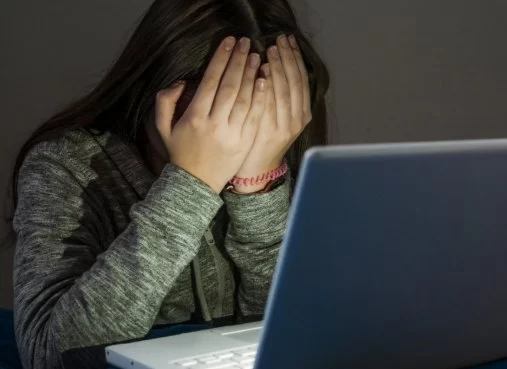
- 1 - Understanding Cyberbullying and Its Legal Implications
- 2 - Documenting Evidence for a Cyberbullying Case
- 3 - Exploring Legal Options and Rights
- 4 - Real-Life Cases That Changed Legal Approaches
- 5 - The Role of Lawyers in Handling Cyberbullying
- 6 - Protective Steps You Can Take Immediately
1. Understanding Cyberbullying and Its Legal Implications
Cyberbullying is more than just online insults—it can escalate into harassment, threats, and reputational harm. From a legal standpoint, many states in the U.S. have enacted specific laws that criminalize online harassment and stalking. Understanding how these laws apply is the first step toward protecting yourself. Resources like ESPLawyers help individuals navigate these complexities, ensuring that they are aware of their rights.
2. Documenting Evidence for a Cyberbullying Case
One of the most crucial legal tips for handling a cyberbullying case is thorough documentation. Screenshots of messages, timestamps, emails, and even witness statements can serve as strong evidence. Without tangible proof, it’s difficult for authorities to build a solid case. Victims are encouraged to save and organize all communications rather than deleting them out of fear or frustration.
3. Exploring Legal Options and Rights
Victims of cyberbullying have several legal routes available. Civil lawsuits can address defamation or emotional distress, while criminal charges may apply for threats or harassment. Schools and workplaces also have anti-bullying policies that can trigger administrative action. Knowing which path is most effective often requires professional guidance, which is why consulting with experienced legal professionals is highly recommended.
4. Real-Life Cases That Changed Legal Approaches
High-profile cyberbullying cases, such as those involving teenagers who suffered severe psychological harm, have prompted courts and lawmakers to act more decisively. For example, some landmark rulings have emphasized that online speech can carry real-world consequences, setting precedents for future cases. These examples remind us that the law is evolving to address modern forms of abuse, making it increasingly possible to seek justice.
5. The Role of Lawyers in Handling Cyberbullying
Handling a cyberbullying case often requires the expertise of lawyers who specialize in internet law, defamation, or criminal defense. Lawyers can evaluate the strength of a case, file necessary motions, and represent victims in both civil and criminal proceedings. Beyond legal paperwork, they offer emotional support and help victims regain a sense of control. Legal teams like ESPLawyers are particularly valuable in ensuring victims receive justice without feeling overwhelmed by the process.
6. Protective Steps You Can Take Immediately
Even before a case goes to court, victims can take immediate action. Blocking offenders, updating privacy settings, and filing reports on social media platforms can reduce ongoing harm. In urgent cases involving threats, contacting local law enforcement is essential. Combining these practical measures with legal action creates a comprehensive defense against cyberbullying, ensuring both immediate safety and long-term protection.








